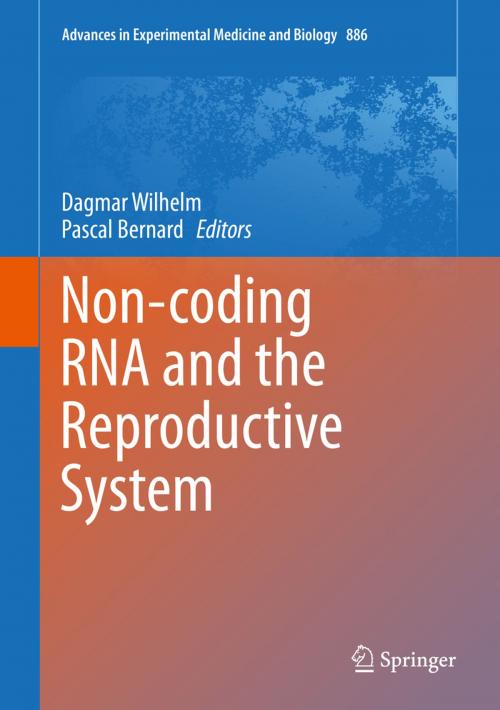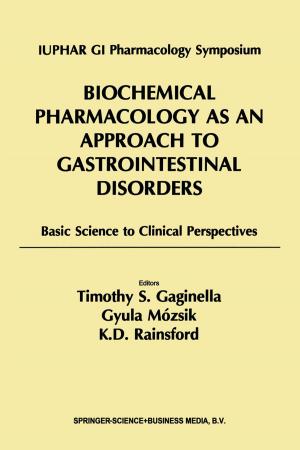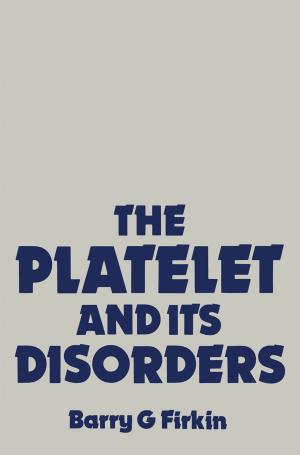Non-coding RNA and the Reproductive System
Nonfiction, Health & Well Being, Medical, Medical Science, Genetics, Science & Nature, Science, Biological Sciences| Author: | ISBN: | 9789401774178 | |
| Publisher: | Springer Netherlands | Publication: | December 11, 2015 |
| Imprint: | Springer | Language: | English |
| Author: | |
| ISBN: | 9789401774178 |
| Publisher: | Springer Netherlands |
| Publication: | December 11, 2015 |
| Imprint: | Springer |
| Language: | English |
This book provides an overview of the role and function of regulatory RNAs that lack protein-coding potential in key reproductive tissues. This includes the role of small interfering RNAs (siRNAs), microRNAs (miRNAs), PIWI-interacting RNAs (piRNAs), small nucleolar RNAs (snoRNAs) and long non-coding RNAs (lncRNAs). Through clear, detailed and comprehensive debate, international leading experts discuss the role these novel regulators in normal development of sexual dimorphisms, including the differentiation of ovaries and testes, the genital tract including prostate, epididymis and uterus, as well as mammary glands. In addition, particular attention is paid on their role in pathophysiological processes within the reproductive tract.
The power of next generation sequencing has proved to be an invaluable tool to discover new non-coding RNAs. While the identification of non-coding RNA is relatively easy, analysing their function represents still a challenge today. In this book, authors present historical and conceptual background information, highlight the ways in which non-coding RNAs function is analysed and present their vision of the future research in their key research area.
This book provides an overview of the role and function of regulatory RNAs that lack protein-coding potential in key reproductive tissues. This includes the role of small interfering RNAs (siRNAs), microRNAs (miRNAs), PIWI-interacting RNAs (piRNAs), small nucleolar RNAs (snoRNAs) and long non-coding RNAs (lncRNAs). Through clear, detailed and comprehensive debate, international leading experts discuss the role these novel regulators in normal development of sexual dimorphisms, including the differentiation of ovaries and testes, the genital tract including prostate, epididymis and uterus, as well as mammary glands. In addition, particular attention is paid on their role in pathophysiological processes within the reproductive tract.
The power of next generation sequencing has proved to be an invaluable tool to discover new non-coding RNAs. While the identification of non-coding RNA is relatively easy, analysing their function represents still a challenge today. In this book, authors present historical and conceptual background information, highlight the ways in which non-coding RNAs function is analysed and present their vision of the future research in their key research area.















